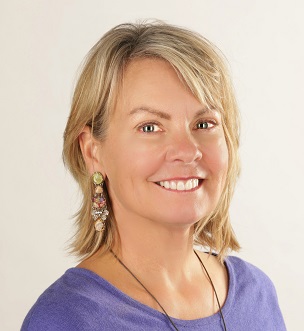
A New Way to Attack the Most Aggressive Breast Cancer
Published: 10/7/19 11:23 PM

Theresa Hickey
- Project description: Dr Theresa Hickey is targeting aggressive cancer subtypes, including triple negative breast cancer (TNBC) and endocrine-resistant disease. Usually these cancers are treated with chemotherapy, which damages both healthy and cancer cells. By selectively targeting features of the aggressive cancer cells, Dr Hickey hopes to improve the efficacy of chemotherapy.
- Why this work is needed: This research seeks to find treatment for the most aggressive types of breast cancers where there are no known effective therapies. A treatment that improves the survival outcomes would be game-changing.
- Expected outcomes: The drugs will be tested in TNBC and endocrine-resistant disease models, which is crucial to provide the initial data to advance towards clinical trials. This work has the potential to provide new, non-chemotherapy treatment options for women with advanced breast cancer.
Project details
Despite improvements in outcomes over the past decade, women with aggressive breast cancer subtypes still often have low survival rates. Triple negative breast cancer (TNBC) generally has one of the lowest. TNBC often affects younger women and is common in those with BRCA1 gene mutations and familial links to the disease. Another aggressive cancer subtype is endocrine-resistant disease.
These aggressive cancers have limited treatment options at present, and are normally managed with chemotherapy. Unfortunately, chemotherapy not only destroys cancer cells, it also causes damage to healthy cells. This leads to the side effects commonly seen with chemotherapy. This includes fatigue, hair loss, pain and gastrointestinal dysfunction. In addition, cancer cells often have special features that make them resistant to chemotherapy.
A new project by NBCF-funded researcher Dr Theresa Hickey is aiming to improve chemotherapy outcome by selectively targeting features of cancer cells. In particular, aggressive cancer cells need to multiply much more rapidly than healthy cells, and this can be exploited with cancer treatment drugs. Dr. Hickey’s team will test two new drugs that they have developed to limit this rapid growth. The drugs will be tested in TNBC and endocrine-resistant disease models, to provide the initial data required to move to clinical trials. This work has the potential to provide new, non-chemotherapy treatment options for those with aggressive breast cancer.